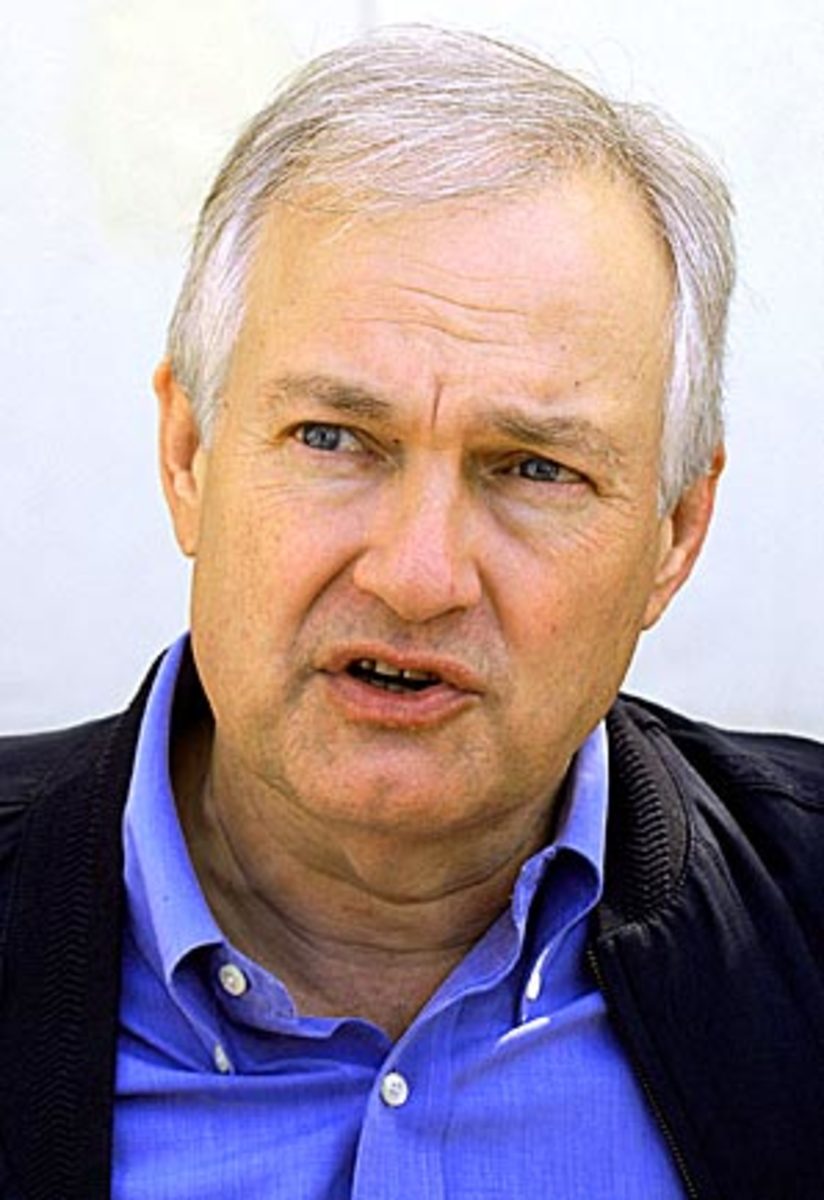The NHL's passive PR campaign


When the NHL announced realignment, people in Detroit got excited. Turns out not everyone shared their enthusiasm. Still, when the Board of Governors voted 26-4 in favor of the radical proposal, most believed it was a done deal. Even with six divisions becoming four conferences, the east/west divide becoming unbalanced at two seven-team sets in the east and two eight-team groups out west. Each team in the league would play one another home and home, and when playoffs rolled around the first two rounds would stay within each conference.
The Red Wings applauded loudly, along with the Dallas Stars and the Winnipeg Jets (who were miscast in the Southeast Division after assuming the former Atlanta Thrashers' identity in the southern entity). Everyone else was relatively quiet -- especially considering today's instant call-and-response Twitterverse we live in.
For such a large-scale plan and shift, there were precious few details. The top selling points seemed to be reduced travel for some teams during the regular schedule, with any increase being offset by having every team visit every building at least once throughout the season, and reduced road wear for all teams in the first two rounds of the playoffs.
So, off went the new NHL configuration to the NHLPA for "approval", which as we all know now, the players denied. Technically, the league feels it doesn't need the players' approval. New PA boss Donald Fehr disagreed, saying that he feels realignment falls under the working conditions clause in the CBA and approval is required.
HACKEL:NHLPA has valid concerns
NHL Deputy Commissioner Bill Daly responded with some harsh-sounding rhetoric that included a phrase that caught my attention: "Realignment has never been part of the collective bargaining process; everyone has just gone along with it when changes were made."
Not anymore.
Fehr asked the league for some scheduling models in order to assess the impact on the players. Daly said the league couldn't produce something that doesn't exist, even though contingency schedules existed in the past -- as recently as a year ago when the Phoenix franchise situation remained a question for this season.
Anyway, Daly hinted that maybe this development was merely Fehr and the players association posturing as they get ready for the upcoming CBA negotiations. Certainly, there is an element of that in the players' stance. Everything is a point of contention. Nothing necessarily rolls on just because of prior acceptance.
Fehr is a new "negotiating partner" for Commissioner Gary Bettman. Maybe the entire realignment proposal was the NHL posturing. If it goes through, fine. If not, it gives a little insight into the mindset of Fehr and what we all might expect in the coming months.
I don't think it was all a ruse or red herring, but I do believe the league used this issue in a wider context. They weren't drawing the line in the sand, just surveying where it might be. By not fighting the issue -- remember the league could go ahead with the plan anyway, albeit, at the risk of reprisal from the union -- the NHL begins another passive PR campaign to gain fan sentiment on the owners' side and against the PA in general and the new boss specifically.
For owners, aligning themselves with the fans is far more important here than realigning their teams.
